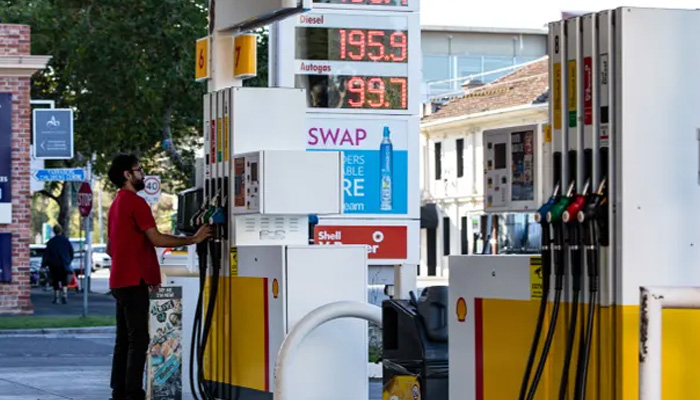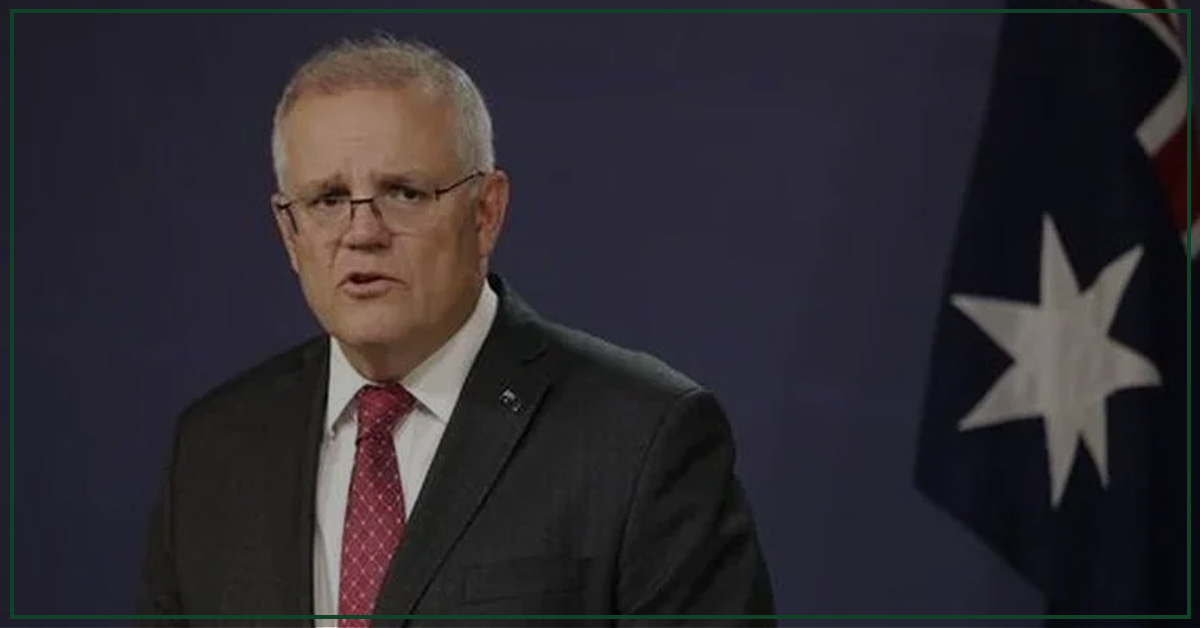Australia has joined significant partners including the US and the UK and banned imports of Russian oil, yet solely after shipments previously requested and paid for arriving.
While Australia is certifiably not a significant shipper of Russian energy items, the organized endeavours “will collectively curtail Russia’s revenue and ability to finance Russian president Vladimir Putin’s unjustified war against Ukraine”, a representative for the foreign minister, Marise Payne, said on Friday evening.
With petroleum costs taking off past $2 a litre in significant urban communities, the public authority was quick to push the choice didn’t take a chance with Australia’s fuel security.
“Australia has diverse and resilient oil supply chains, and adequate fuel supplies,” the representative said, adding the public authority was “closely monitoring global oil and energy markets and are working with our allies and the International Energy Agency to ensure ongoing supply security”.
The public authority won’t force the ban – which covers unrefined, refined oil-based goods, gas, and coal – for 45 days. That postponement would permit the two fundamental neighbourhood purifiers Viva Energy and Ampol to take conveyances of Russian unrefined that had effectively been arranged and paid for.
Both Viva Energy and Ampol said recently they had purchased two Russian-origin rough cargoes before the conflict. The shipments were expected to show up in Australia over the following two months.
The organizations declined to say whether the cargoes were being shared, or then again in the event that there were four altogether.
Viva Energy said it was “shocked by situation unfurling in Ukraine and stretches out its feelings to the guiltless individuals impacted by this horrendous clash”, and that it had halted purchasing Russian unrefined.

“Viva Energy has explored options to dispose of these cargoes, but there are no credible purchasers in the current market and without these supplies, the company faces gaps in its refining program and potential fuel shortages,” a Viva representative said preceding the public authority’s declaration. “These cargoes have been bought from global oil organizations, rather than from Russian elements.”
Ampol said it denounced Russia’s activities in Ukraine and upheld worldwide endeavours “against Russia on the side of Ukraine and its kin”. It also had stopped purchasing Russian unrefined petroleum or items since the conflict started, and “won’t go into any further agreements”.
Ampol said it had two Russian cargoes “in our present arranged supply chains” that would be “released” before the finish of April. The company’s Lytton refinery facility in Brisbane normally obtained rough from south-east Asia, Africa, North America, and the Middle East, the organization said in an articulation.
The public authority representative said Australia emphatically upheld before declarations by the US president, Joe Biden, and the UK state head, Boris Johnson, that they would force a ban. “We will continue to coordinate closely with these and other partners to impose the highest economic costs on Russia for its actions, including by continuing to review our sanctions and expand them where appropriate,” the representative said.
As per government measurements, Australia last year imported 147 megalitres of crude from Russia or only 1.2% of absolute oil imports at an expense of $73.9m.
The Morrison government had dismissed officially restricting Russian imports, with the energy serve, Angus Taylor, recently saying they were “basically prohibited”.
The Greens had been requiring a ban since not long after the attack.
“With a humanitarian catastrophe unfolding before our eyes, the last thing Australia should be doing is fuelling Putin’s war machine,” the Greens chief, Adam Bandt, said.
“Boycotting Russian oil is a little however commonsense way that Australia can help, and guarantees that Australia isn’t working with a dictator who invades his neighbours,” he said.
Australian citizens are now supporting the purifiers, with the public authority last year saying it would pay $2bn more than 10 years to keep processing plant limit in the country to guarantee a few neighbourhood supplies.





